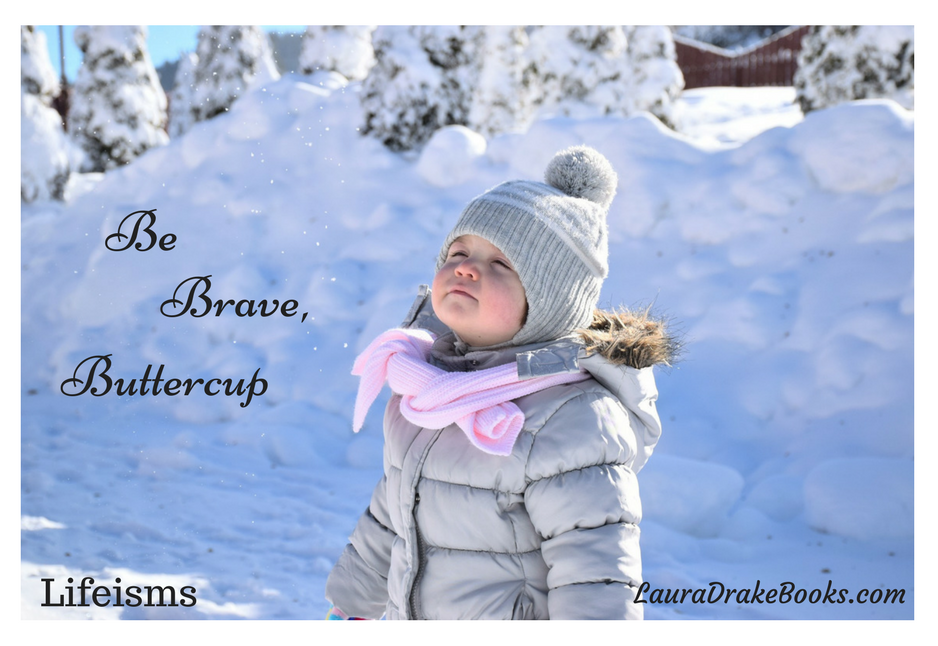How Spill Strong Emotion on the Page

I’ll admit, this blog was sparked by THIS one (it’s awesome-go read it-we’ll wait).
It had a quote from F. Scott Fitzgerald:
“… I’m afraid the price for doing professional work is a good deal higher than you are prepared to pay at the moment. You’ve got to sell your heart, your strongest reactions, not the little minor things that only touch you lightly … It was necessary for Dickens to put into Oliver Twist the child’s passionate resentment at being abused and starved that had haunted his whole childhood. Ernest Hemingway’s first stories ‘In Our Time’ went right down to the bottom of all he had ever felt and known. In ‘This Side of Paradise’ I wrote about a love affair that was still bleeding as fresh as the skin wound on a haemophile …”
Too true, Scottie. The book I wrote that has the highest star rating isn’t a romance, and it isn’t NY published. It’s a women’s fiction I self published. I’ve gotten more emails and DM’s from readers about Days Made of Glass than any of the others.
Why?
Because I wrote it about my sister, the other half of me, who I lost at 32 to cancer. The book is as far from reality as is possible, but the relationship the sisters share in it, is mine and my sister’s.
That’s why I think writers are the bravest people on the planet. They have to dig down into themselves every day, pull out the nasty, gunky stuff, and spread it on the page, for strangers to see for centuries to come.

Yeah, what’s running into a burning building compared to that?
I believe to be able to write true emotion genuinely, you have to have experienced it. Not the exact same scenario, but you have to have plumbed the depths of grief, happiness, guilt, etc.
Okay, but how do you get it on the page?
The brilliant Don Maass has tips (If his craft books aren’t on your keeper shelf, you’re missing out):
The first is through layering the emotion.
Think about it; how often in your life have you felt pure joy? Pure sadness? Pure any emotion. My guess is, not often. Much more often, our emotions are mingled. At a funeral, you will feel sadness, but you also feel gratitude, for having known the deceased, right? On your wedding day, the happiest day of your life, I’ll wager you felt more than happiness. You were nervous.
Will I trip in the aisle? He won’t shove the cake in my face, will he? Will my new brother-in-law drink too much and bring up that kiss he and I shared, two years ago?
See what I mean?
Layering the emotion can make a character come alive on the page. Look past the surface and show the depth beneath.
Unexpected Emotion
Don encouraged us to take a highly emotional moment and dig for something hidden, reaching past normal emotional responses. We were to look for a feeling that a person might not show in real life.
For example, take a hero who cared for his mother during a long illness, one that slowly ate away at her strength. At her death, you’d expect a huge sense of loss and grief. But what else might he feel that he wouldn’t voice to others ?
Relief. And not just relief that his mother’s pain was at an end, but that his own was too. The endless doctor visits, ambulance rides, medications, and sleepless nights listening for her struggling, hitching breaths were finally over.
This type of deep honesty pulls readers in because it is unexpected, but completely understandable. It’s not proper to be relieved that one’s parent has passed, but it doesn’t make it less true. Then what? Shame and guilt would quickly piggyback on the relief; and echoes of these mixed feeling would wash over the reader as they remember a time when they felt relief even though it wouldn’t be considered proper. This shared moment brings readers in close, and they empathize deeply with what the hero’s vulnerability and what he’s going through.
Sound scary? It is. But if you want to write a book that sticks with readers long after they close the cover, That’s what it takes.
And I know you can do it.

Will you share with us something you’re proud of because you had to risk yourself to do it?
This is great, Laura. Thanks for writing it! We all need to dig deeper.
Thanks for reading, Heidi!
Great advice. I love when I’m reading a book and the author goes the extra mile. Hopefully I do the same in my work. I’m really enjoying your writing tips.
Thanks Maggie! Read back-there are a ton of them!